If you've ever experienced the frustration of a bathroom sink drain that is stopped up, you know how disruptive it can be to your daily routine. Standing water, unpleasant odors, and slow draining water can all be signs of a clogged sink drain. However, there's no need to panic. With a few simple steps, you can unclog your bathroom sink drain and get things back to normal. Here's how.Unclogging a Bathroom Sink Drain
When you notice that your bathroom sink is not draining as quickly as it should, the first thing you should do is try some simple DIY solutions. Start by removing any visible debris or hair from the drain using a pair of tweezers or a small drain snake. Then, pour a mixture of baking soda and vinegar down the drain. The chemical reaction between the two will help break down any buildup in the pipes. Let it sit for about 15 minutes, then flush the drain with hot water.How to Fix a Stopped Up Bathroom Sink Drain
If the baking soda and vinegar mixture doesn't do the trick, you can try using a plunger. Make sure to cover the overflow hole with a wet cloth, then plunge up and down several times. This should help loosen any clogs and get the water flowing again. Another option is to use a plumbing snake or drain auger to physically remove the blockage from the pipes.DIY Solutions for a Clogged Bathroom Sink Drain
If none of the DIY solutions work, it may be time to bring in some stronger tools. You can purchase a chemical drain cleaner from your local hardware store, but be aware that these can be harmful to your pipes and the environment. Alternatively, you can use a homemade drain cleaner made of salt, borax, and vinegar. Mix equal parts of each ingredient and pour it down the drain. Let it sit for at least an hour before flushing with hot water.Clearing a Stopped Up Bathroom Sink Drain
Understanding the common causes of a clogged bathroom sink drain can help you prevent future issues. Hair, soap scum, and toothpaste are all common culprits, as well as foreign objects that accidentally get washed down the drain. It's important to be mindful of what you are putting down your sink and try to avoid these common causes.Common Causes of a Bathroom Sink Drain Stopping Up
Having the right tools on hand can make the unclogging process much easier. Some essential tools include a plunger, a drain snake or auger, and a pair of tweezers. For stubborn clogs, you may also need a chemical drain cleaner or a homemade solution of baking soda, salt, and vinegar.Tools You Need to Unclog a Bathroom Sink Drain
When it comes to unclogging a bathroom sink drain, you have the option of using chemical or natural methods. Chemical drain cleaners may be more effective in breaking down tough clogs, but they can also be harmful to your pipes and the environment. Natural methods, such as using a mixture of baking soda and vinegar, may take longer to work but are safer for your plumbing system and the planet.Chemical vs. Natural Methods for Unclogging a Bathroom Sink Drain
Prevention is always better than dealing with a clogged sink drain. To prevent buildup and clogs, make sure to clean your sink regularly and avoid putting any foreign objects down the drain. You can also use a drain stopper or hair catcher to catch any debris before it goes down the drain.Preventing a Bathroom Sink Drain from Getting Stopped Up
If you've tried all the DIY methods and your bathroom sink drain is still stopped up, it may be time to call in the professionals. A licensed plumber can use specialized tools and techniques to effectively clear your clogged drain without causing damage to your pipes. They can also give you tips on how to prevent future clogs.Professional Plumbing Services for a Clogged Bathroom Sink Drain
It's important to know the difference between a stopped up drain and a slow draining one. If your sink is completely stopped up, there will be standing water in the sink and it won't drain at all. A slow draining sink, on the other hand, will still allow some water to flow down the drain, but at a much slower pace. If you notice any of these signs, it's best to address the issue sooner rather than later.How to Tell if Your Bathroom Sink Drain is Stopped Up or Just Slow
Why Does My Bathroom Sink Drain Keep Getting Clogged?
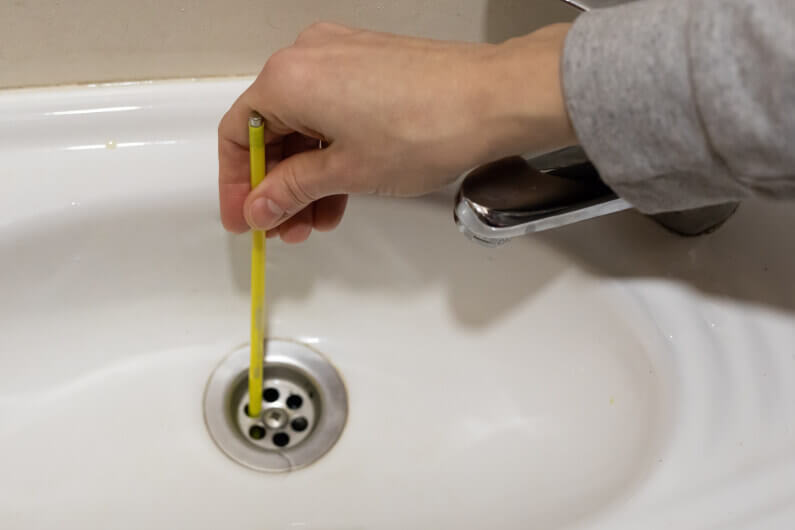
The Importance of Proper Drain Maintenance
 Keeping your bathroom sink drain clear and functioning properly is an essential part of maintaining your home's plumbing system. A clogged drain can cause inconvenience and frustration, not to mention the potential for costly repairs. There are a few common reasons why your bathroom sink drain may become stopped up, and it's important to understand these causes in order to prevent future clogs.
Hard Water Buildup
One of the main culprits of a clogged bathroom sink drain is hard water. Hard water contains high levels of minerals such as calcium and magnesium, which can leave a residue on the inside of your pipes and eventually cause a buildup that restricts water flow. This buildup can also trap hair, soap scum, and other debris, creating an even bigger blockage. Regularly removing this buildup is crucial to preventing clogs and keeping your drain clear.
Improper Use of the Sink
Another common cause of a clogged bathroom sink drain is improper use. Many people use their bathroom sink as a dumping ground for small debris such as toothpaste caps, hair ties, and cotton swabs. While these items may seem harmless, they can easily get stuck in the drain and cause a blockage. It's important to properly dispose of these items in a trash can to avoid clogging your sink drain.
Old or Faulty Pipes
Over time, the pipes in your home can become worn out or damaged, leading to clogs and other plumbing issues. If your bathroom sink drain keeps getting clogged despite regular maintenance, it may be time to have a professional plumber inspect your pipes. They can identify any potential problems and make necessary repairs to prevent future clogs.
Proper Drain Maintenance
Regularly cleaning and maintaining your bathroom sink drain is the best way to prevent clogs and keep your plumbing system running smoothly. This includes using a drain strainer to catch debris, flushing your drain with hot water and vinegar, and occasionally using a plumbing snake to remove any stubborn clogs. It's also important to be mindful of what you put down your sink and avoid pouring grease or large food particles down the drain.
In conclusion, a clogged bathroom sink drain can be a frustrating and costly problem to deal with. By understanding the common causes of clogs and taking proper maintenance measures, you can keep your drain clear and avoid potential plumbing disasters. Remember to regularly clean and maintain your drain, and if you continue to experience issues, don't hesitate to seek professional help. Taking care of your bathroom sink drain now will save you time, money, and stress in the long run.
Keeping your bathroom sink drain clear and functioning properly is an essential part of maintaining your home's plumbing system. A clogged drain can cause inconvenience and frustration, not to mention the potential for costly repairs. There are a few common reasons why your bathroom sink drain may become stopped up, and it's important to understand these causes in order to prevent future clogs.
Hard Water Buildup
One of the main culprits of a clogged bathroom sink drain is hard water. Hard water contains high levels of minerals such as calcium and magnesium, which can leave a residue on the inside of your pipes and eventually cause a buildup that restricts water flow. This buildup can also trap hair, soap scum, and other debris, creating an even bigger blockage. Regularly removing this buildup is crucial to preventing clogs and keeping your drain clear.
Improper Use of the Sink
Another common cause of a clogged bathroom sink drain is improper use. Many people use their bathroom sink as a dumping ground for small debris such as toothpaste caps, hair ties, and cotton swabs. While these items may seem harmless, they can easily get stuck in the drain and cause a blockage. It's important to properly dispose of these items in a trash can to avoid clogging your sink drain.
Old or Faulty Pipes
Over time, the pipes in your home can become worn out or damaged, leading to clogs and other plumbing issues. If your bathroom sink drain keeps getting clogged despite regular maintenance, it may be time to have a professional plumber inspect your pipes. They can identify any potential problems and make necessary repairs to prevent future clogs.
Proper Drain Maintenance
Regularly cleaning and maintaining your bathroom sink drain is the best way to prevent clogs and keep your plumbing system running smoothly. This includes using a drain strainer to catch debris, flushing your drain with hot water and vinegar, and occasionally using a plumbing snake to remove any stubborn clogs. It's also important to be mindful of what you put down your sink and avoid pouring grease or large food particles down the drain.
In conclusion, a clogged bathroom sink drain can be a frustrating and costly problem to deal with. By understanding the common causes of clogs and taking proper maintenance measures, you can keep your drain clear and avoid potential plumbing disasters. Remember to regularly clean and maintain your drain, and if you continue to experience issues, don't hesitate to seek professional help. Taking care of your bathroom sink drain now will save you time, money, and stress in the long run.












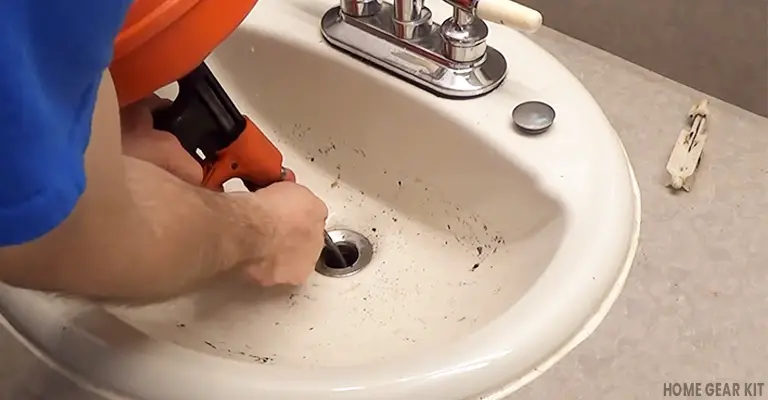
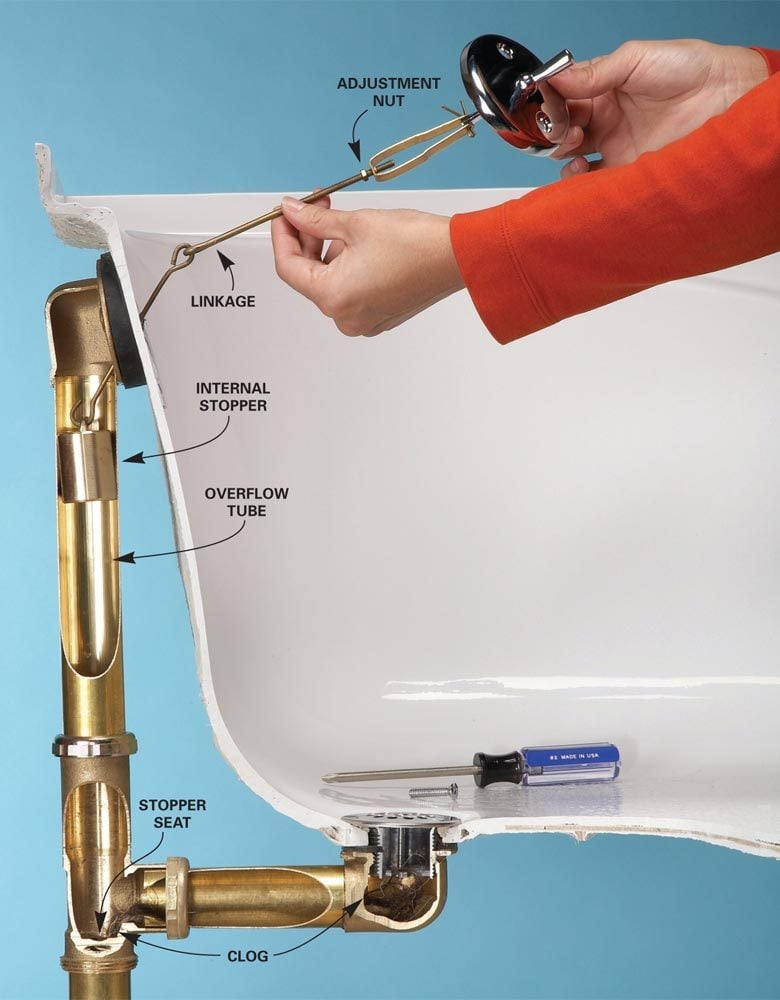


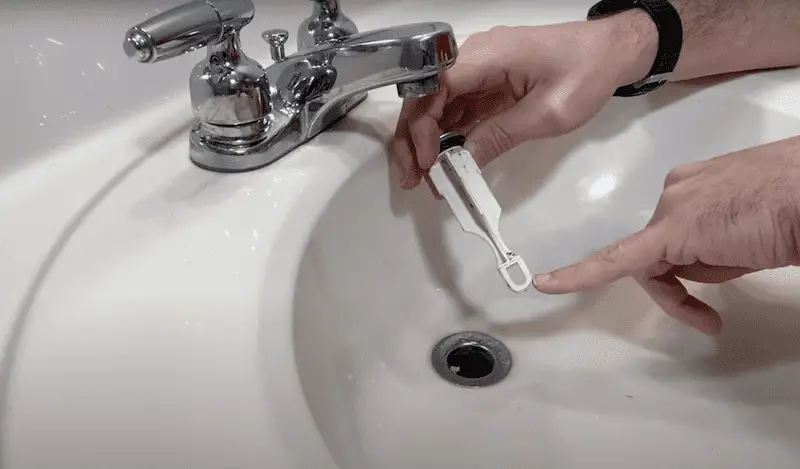
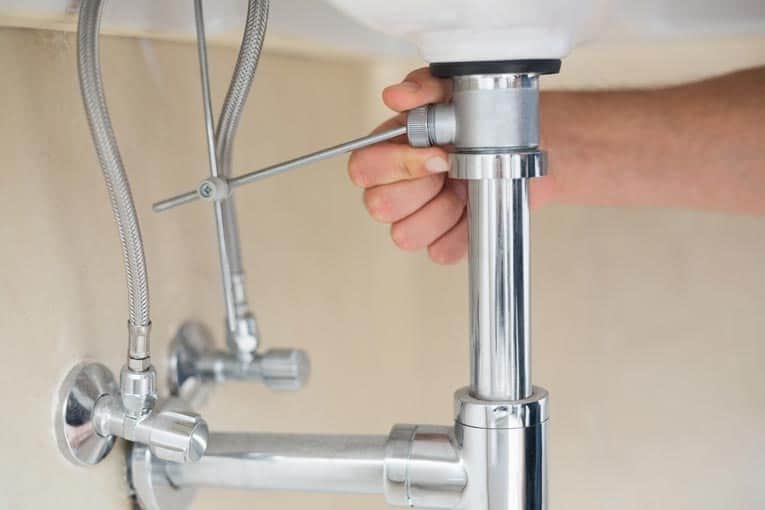






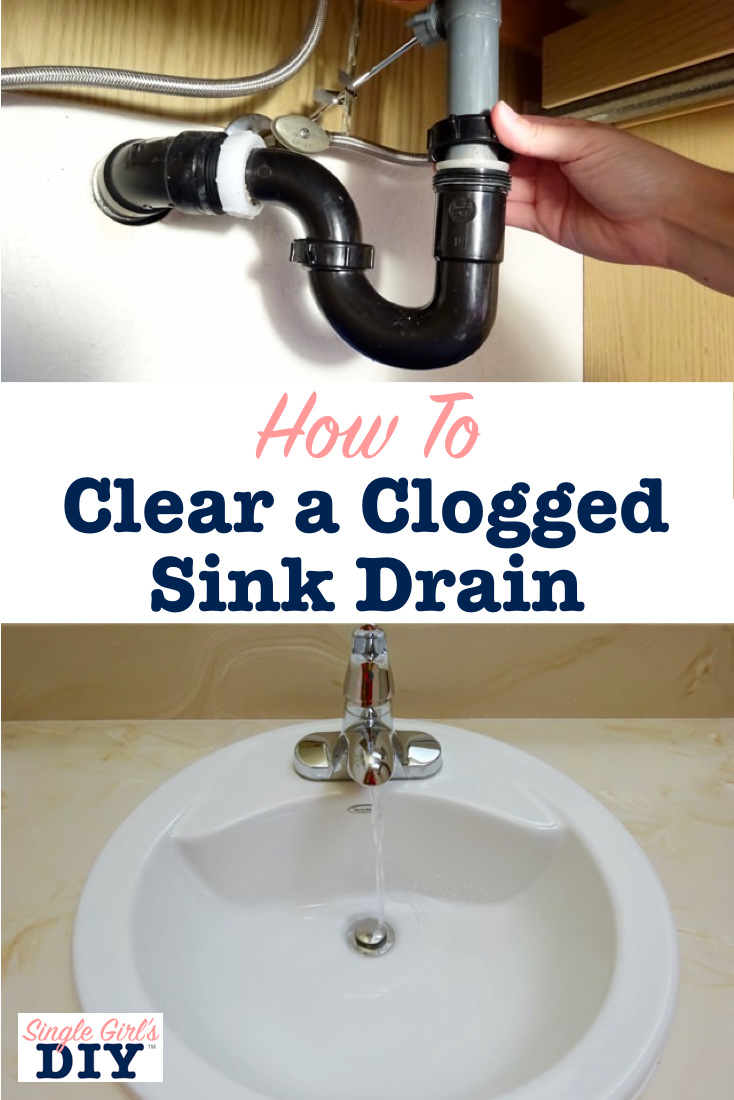










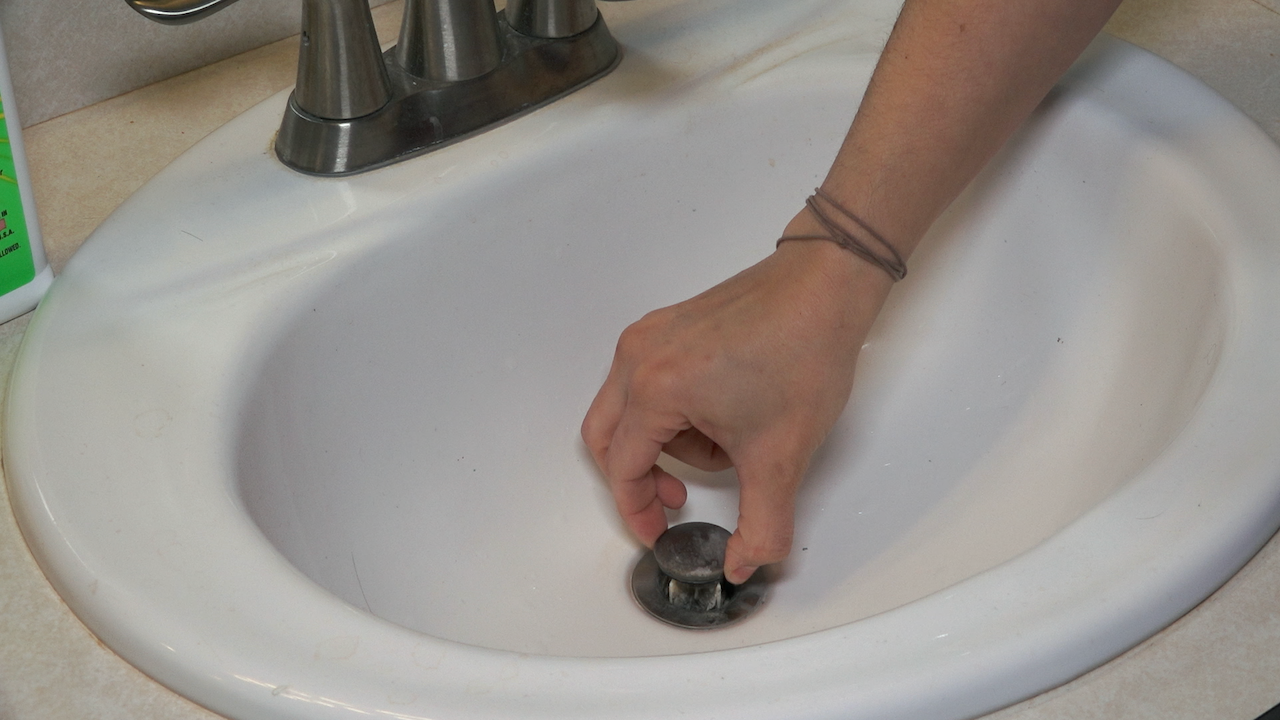


:strip_icc()/how-to-clean-a-bathroom-sink-drain-01-c728294c8bee42428afdf3e69f449279.jpg)




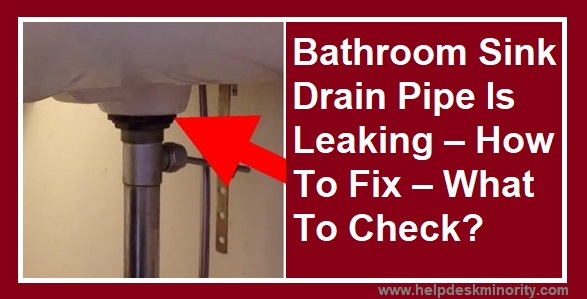


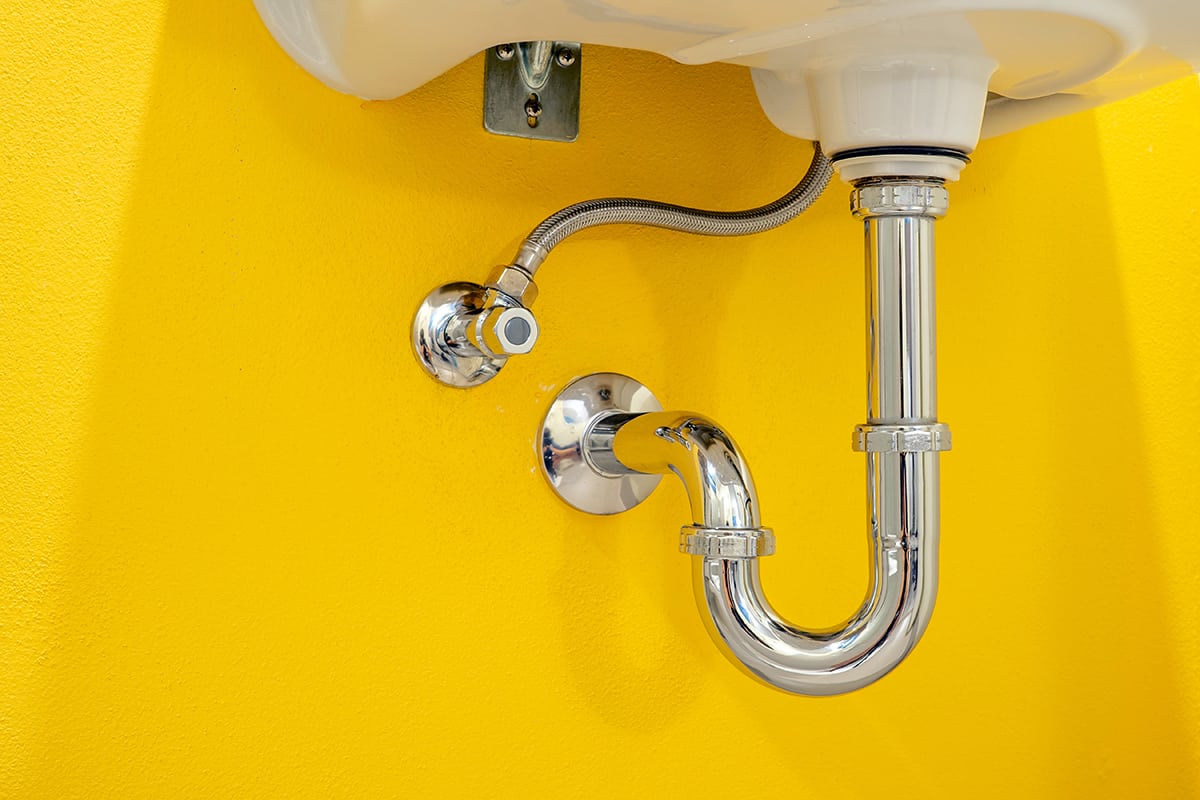
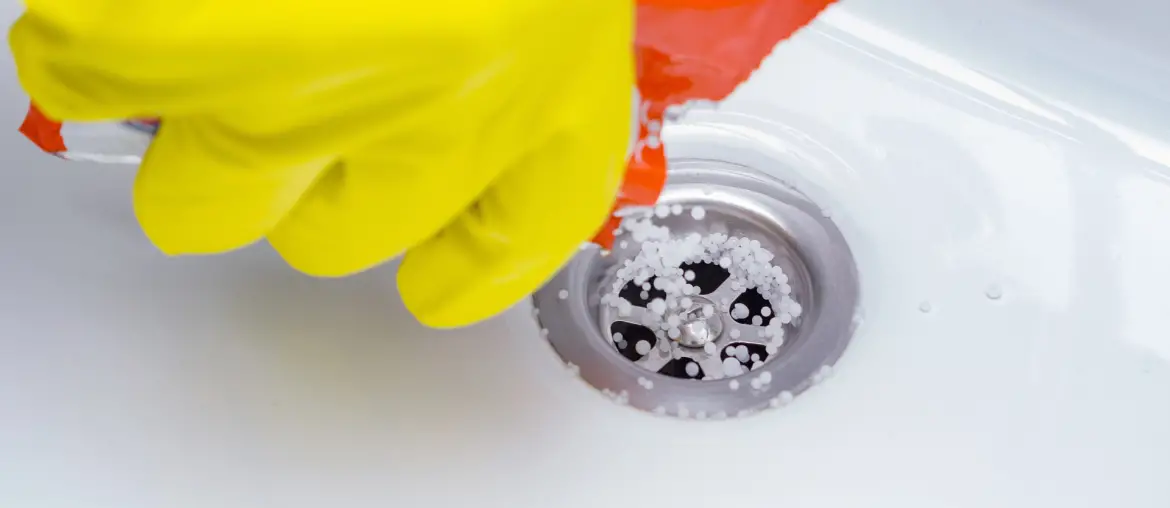




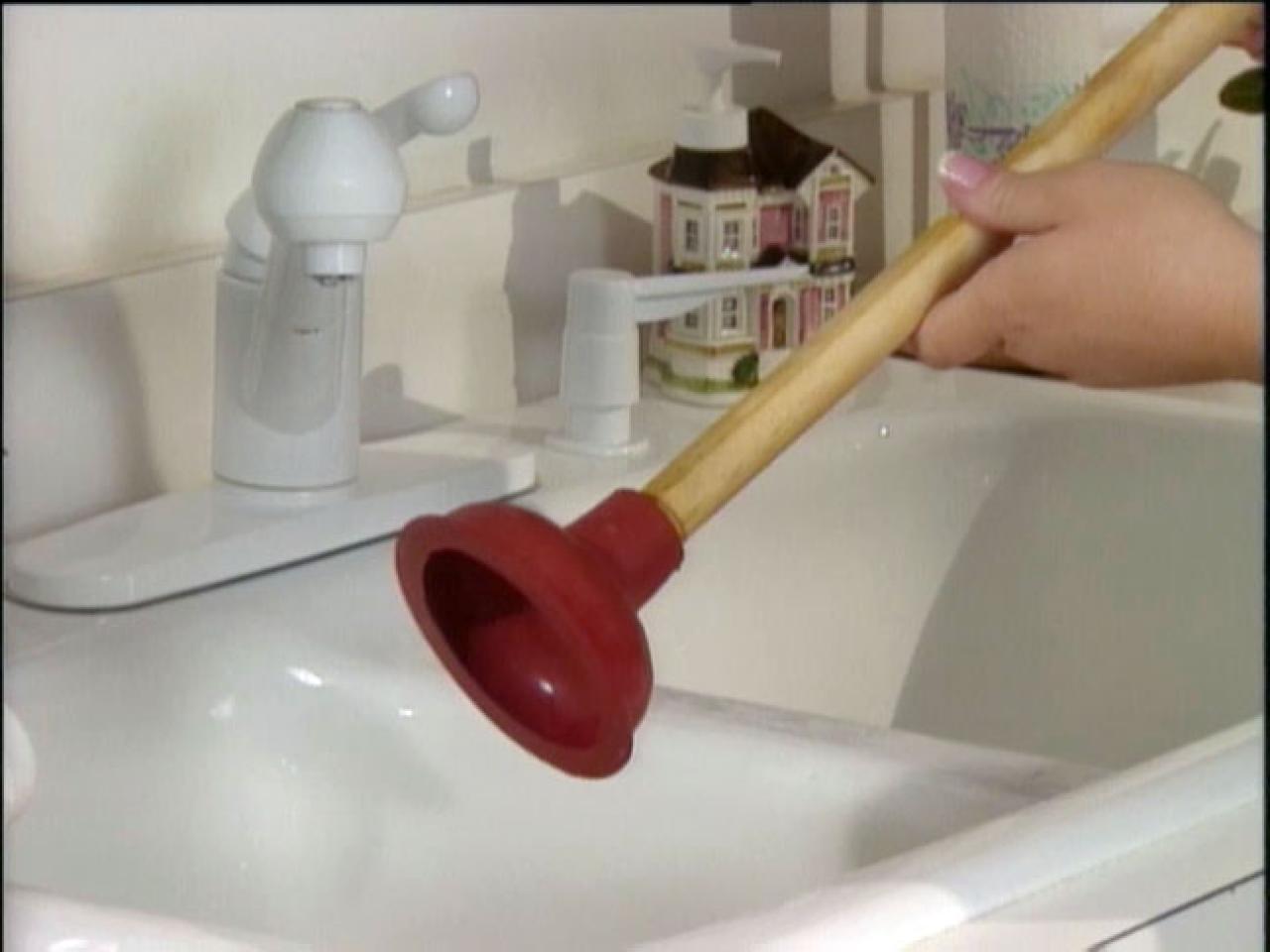
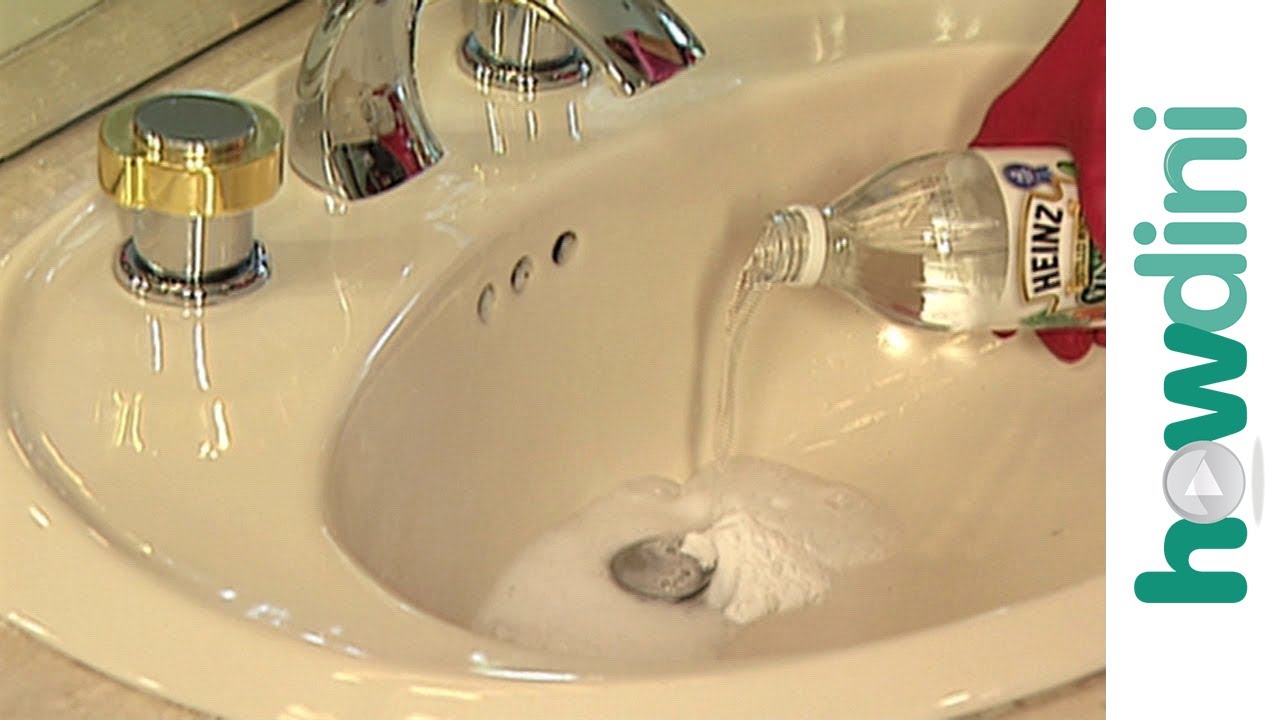
:max_bytes(150000):strip_icc()/freshen-and-unclog-drain-with-baking-soda-1900466-22-bbf940b70afa4d5abef0c54da23b1d3f.jpg)
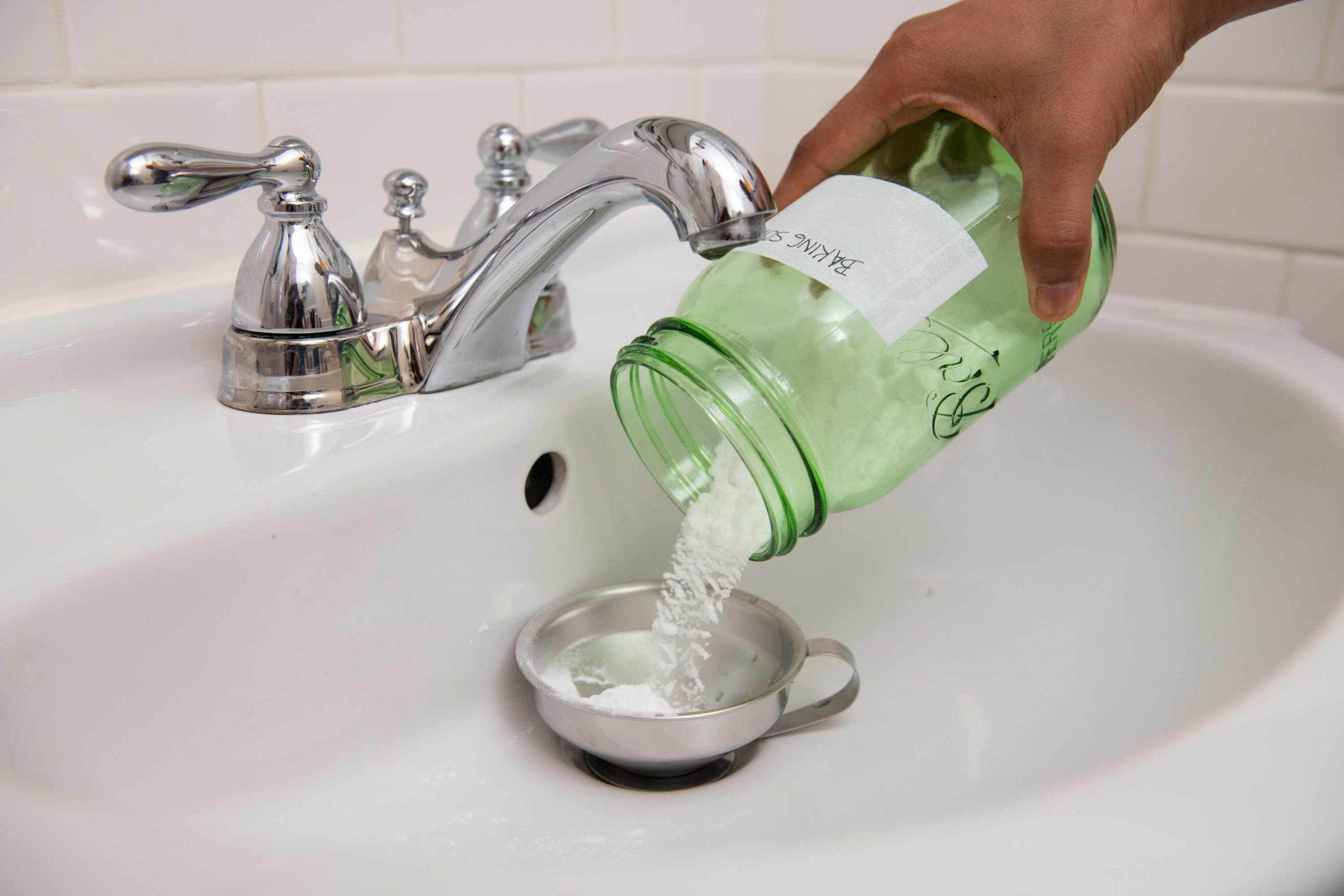




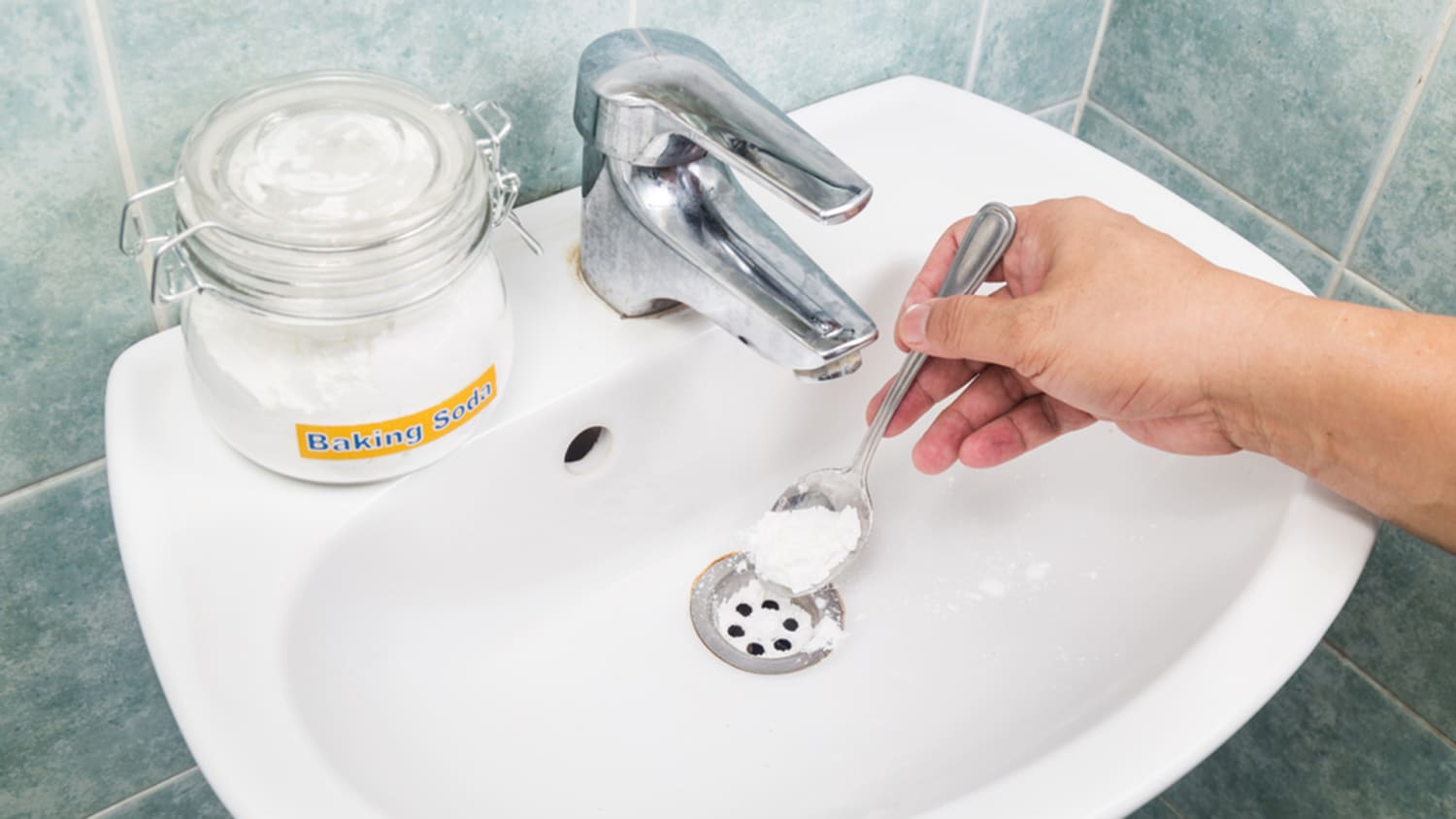


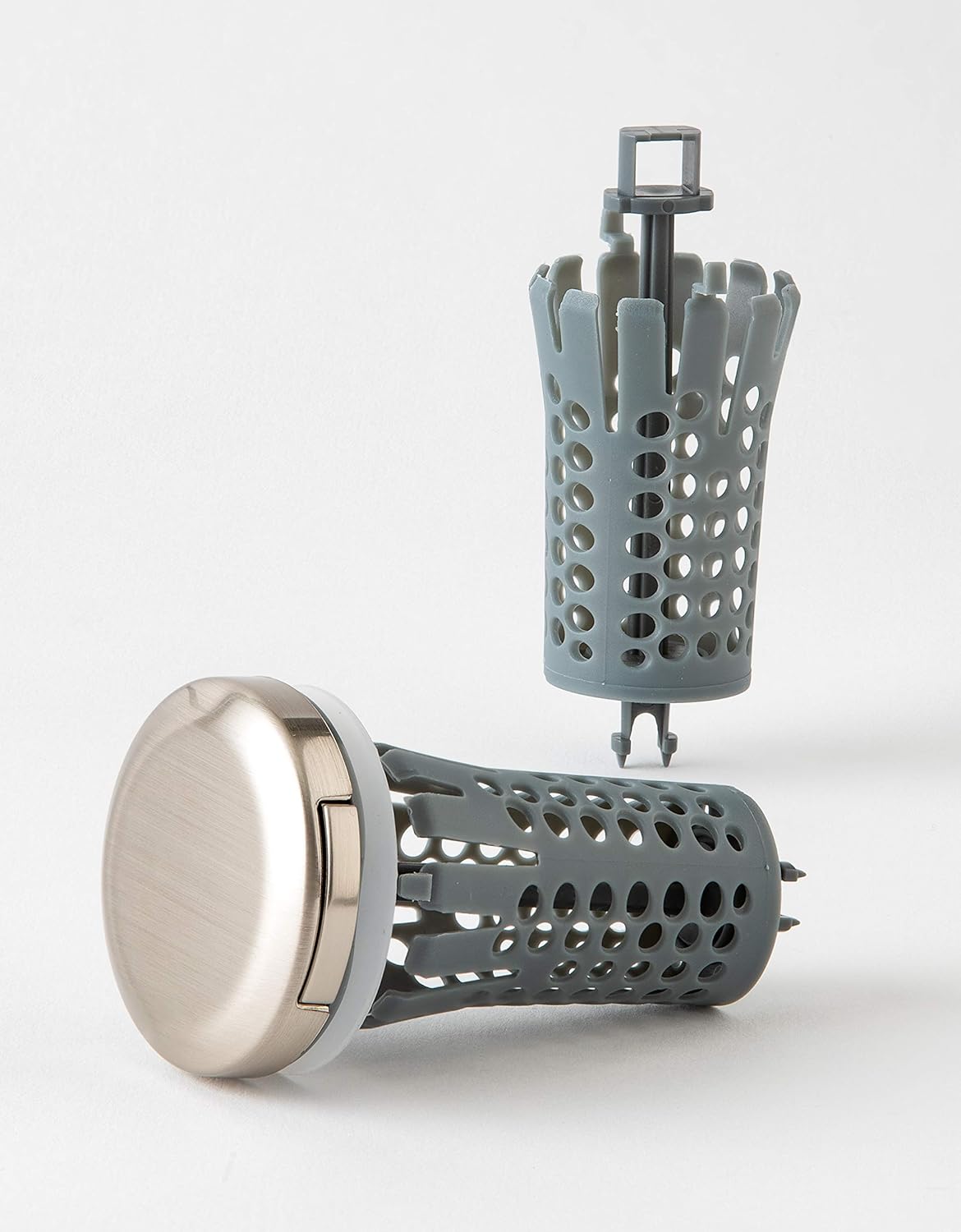
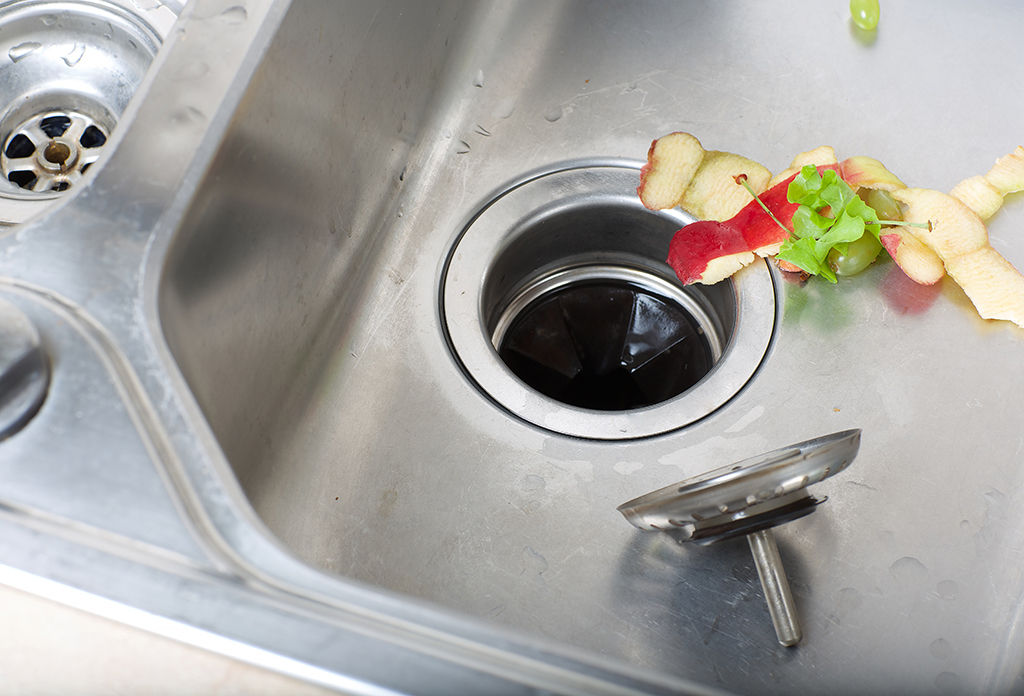



:max_bytes(150000):strip_icc()/bathroom-sink-drain-installation-2718843-02-61e5ecbee1e949be8d8f45ac4f5a6797.jpg)




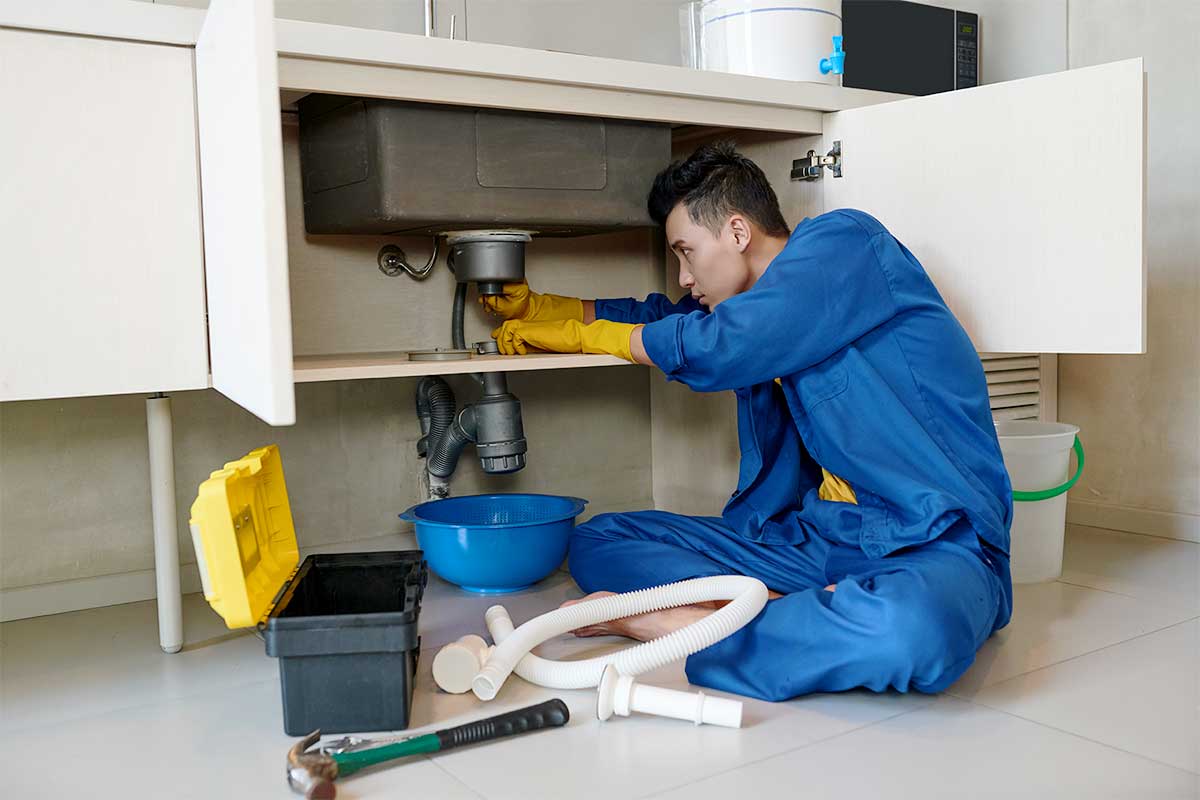


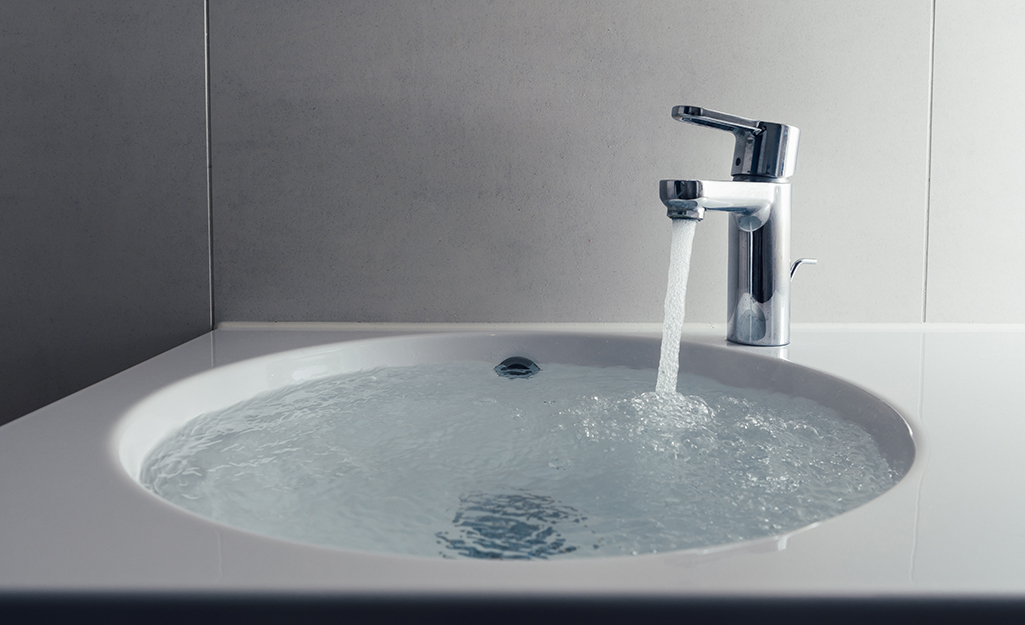
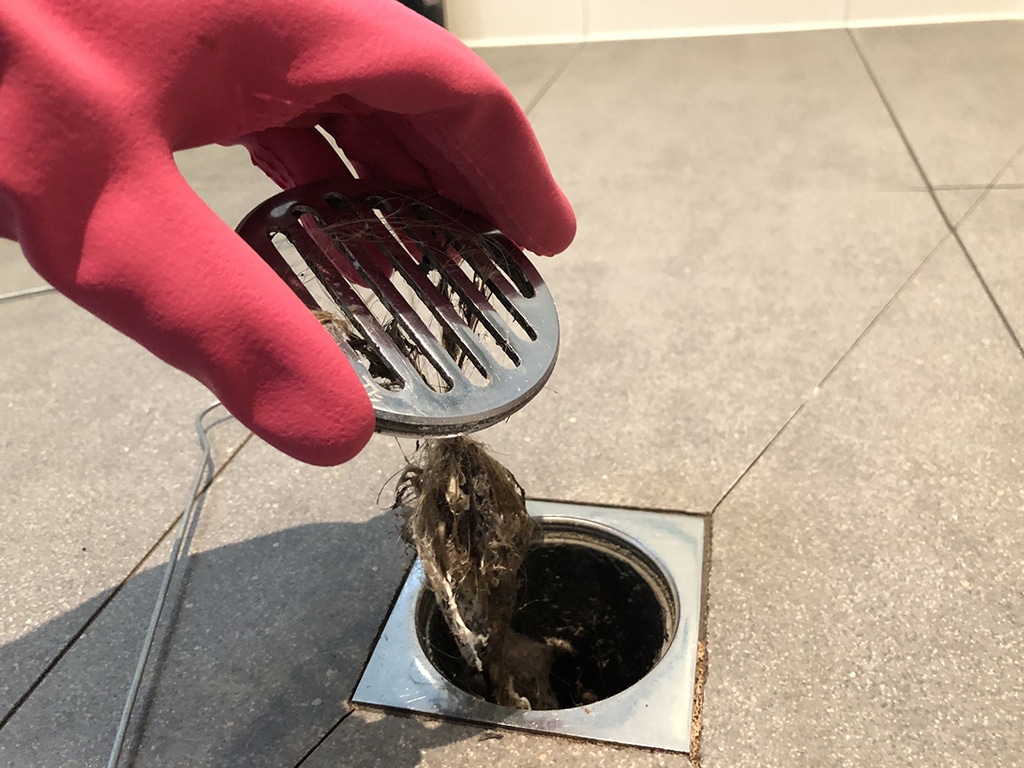

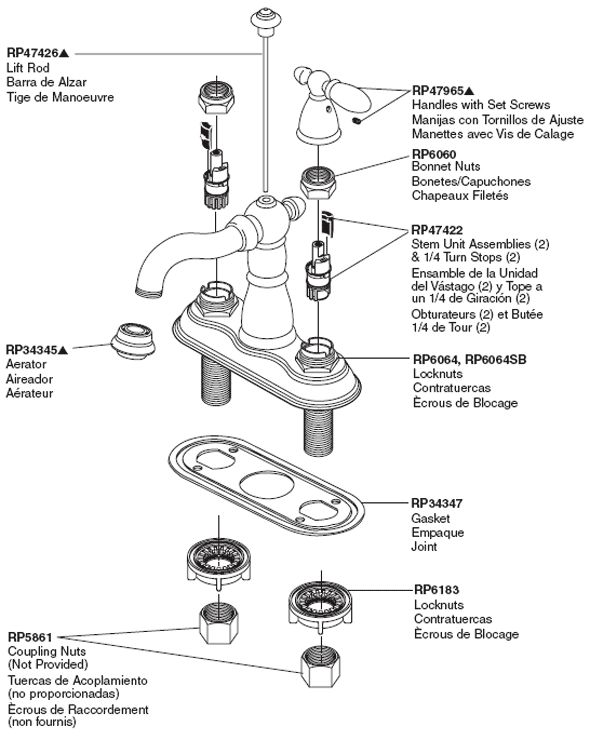

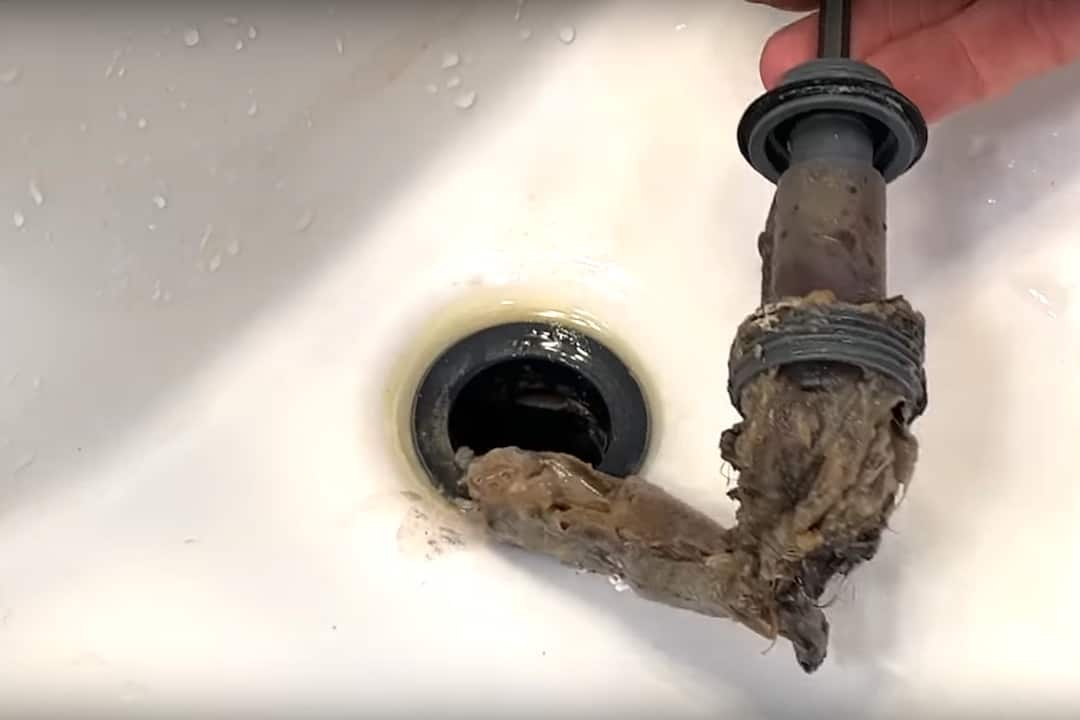
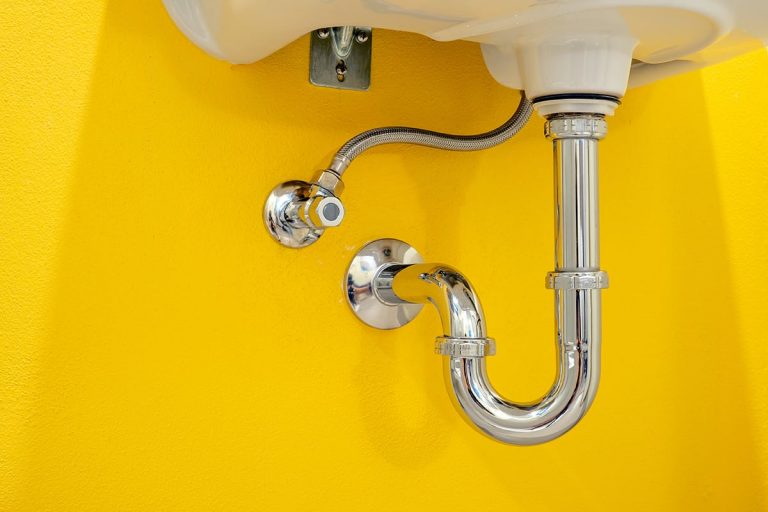

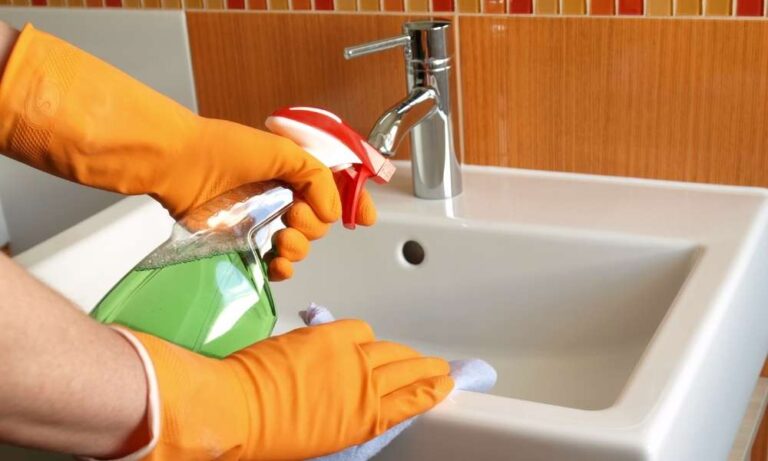



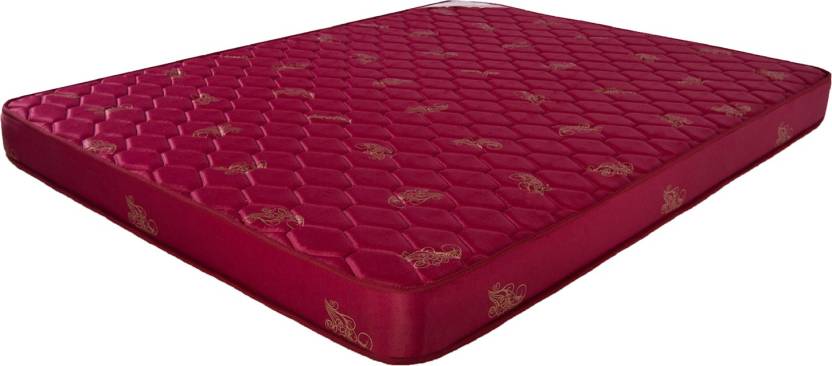

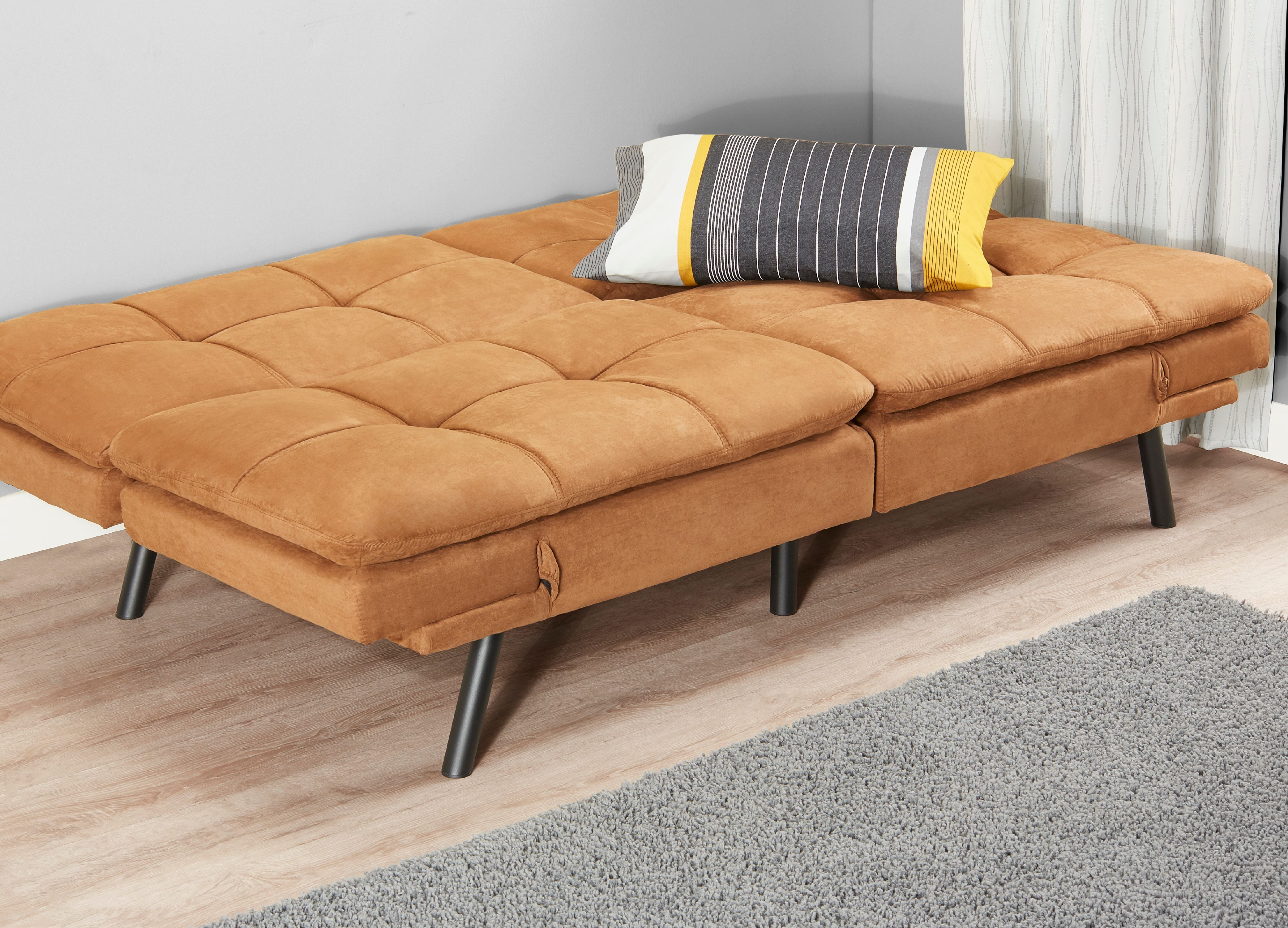
/cdn.vox-cdn.com/uploads/chorus_image/image/55951577/dbgb.0.jpg)
